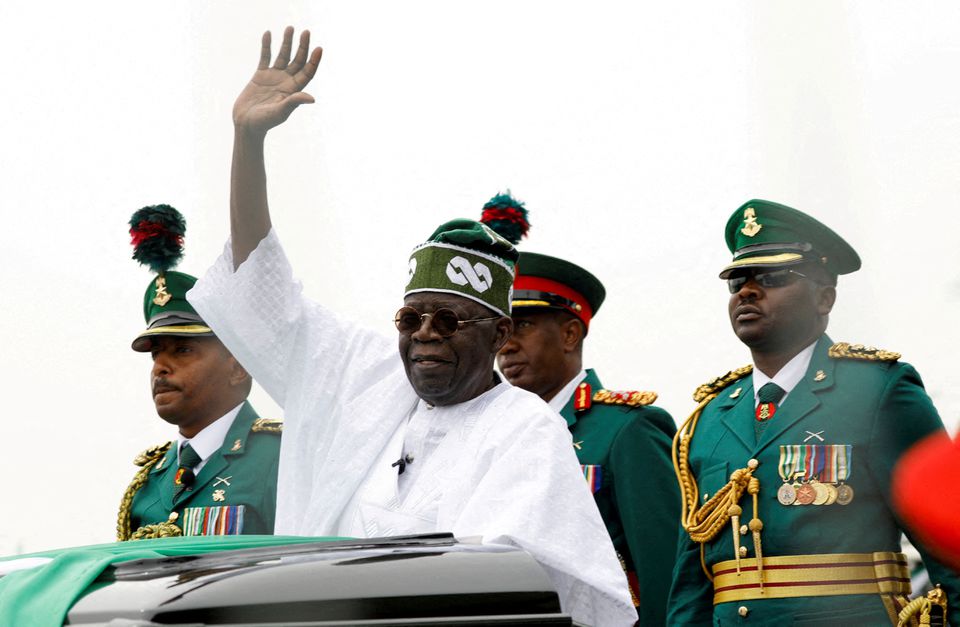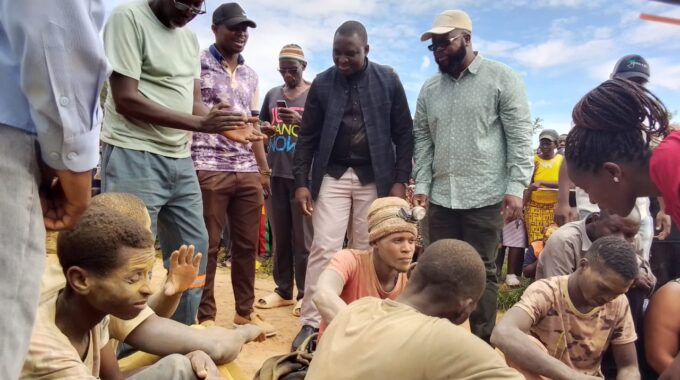An appeals court in Nigeria has dismissed two of the three petitions challenging the legitimacy of President Bola Tinubu’s victory in the February election. The remaining petition is still under deliberation, causing tension in Africa’s most populous country.
Three opposition parties had contested the election results, alleging illegal announcements and arguing that Tinubu was not qualified to run for president due to his alleged Guinean citizenship and purported lack of academic credentials. The opposition had hinted at potential protests if the court ruled in favour of Tinubu.
In Abuja’s Court of Appeal, a five-member justice panel ruled that Peter Obi, the third-place finisher, and his Labour Party could not prove their claims of irregularities in the election results or that Tinubu had been indicted on drug charges in the United States, which would disqualify him from the presidency.
The court also rejected a petition by the Allied Peoples Movement, which sought to nullify Tinubu’s victory based on the alleged improper nomination of his running mate, Vice President Kashim Shettima.
President Tinubu, who is attending the G20 summit in India, has denied all the allegations against him.
Security was heightened in Abuja, with support groups demonstrating near the court premises to express their solidarity with their political parties and to urge the judiciary to make a just decision.
The tribunal has the authority to uphold Tinubu’s election win, declare another candidate the winner, annul the vote, or call for a new election. Any decision made can be appealed at Nigeria’s Supreme Court within 60 days.
If the last petition is upheld and the presidential election is annulled, it would be unprecedented in Nigeria’s history. Presidential elections have been contested in court since the country’s return to democracy in 1999, but none have been overturned.
Nigeria’s police issued a statement warning citizens to be cautious in their actions and statements, emphasizing that security forces would not tolerate activities that could incite violence or lead to anarchy.
Tinubu won the election with less than 50% of the vote, marking another first in Nigeria’s history. Opposition candidates argue that delays in announcing election results may have provided opportunities for ballot tampering.
Critics have also accused the president of introducing economic reforms that have exacerbated the plight of millions of poor and hungry Nigerians during his first 100 days in office.
In response, Nigeria Labor Congress workers staged a two-day “warning strike” to protest rising living costs due to the removal of gas subsidies. They threatened to “shut down” Africa’s largest economy if their demands for improved welfare were not met.
The Nigerian government has urged citizens to be patient with President Tinubu, stating that the current inconveniences are necessary to save the country from crisis.









No comment yet, add your voice below!